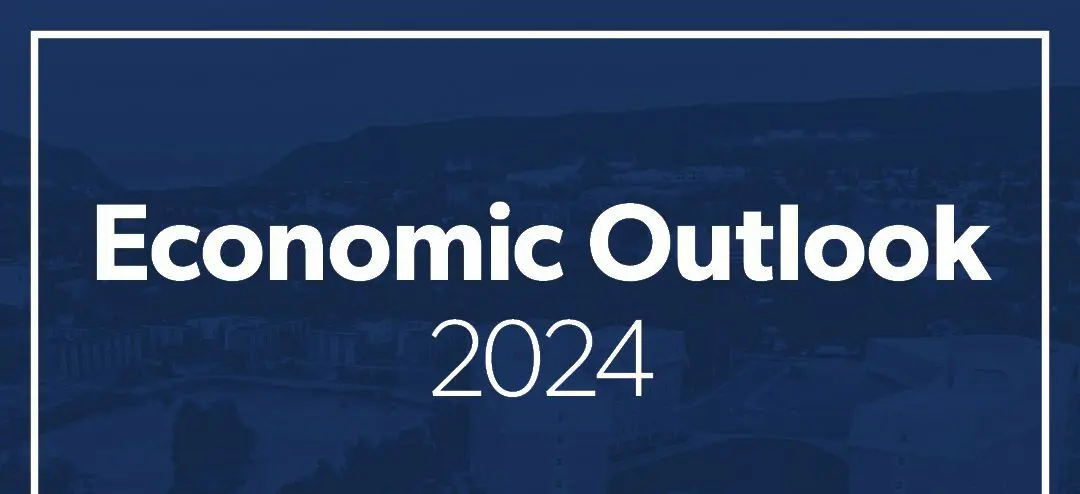SINAFRICANEWS.ORG

By SinAfricaNews August 31, 2024 0 Comments
Despite strong economic performance and remarkable resilience, structural transformation in Africa has been slow and uneven, and addressing this will require calling bold reforms of the global financial architecture to meet Africa’s development financing needs


Join our global community of readers who seek to understand the evolving dynamics between China & Africa. Let's see the world from the Global South's perspective.
SINAFRICANEWS brings you a new narrative of our World from a Sino-African Perspective
SINAFRICANEWS 2026 © All Rights Reserved. Design & Developed by VW Themes
You must LOG IN first!
Javascript not detected. Javascript required for this site to function. Please enable it in your browser settings and refresh this page.

